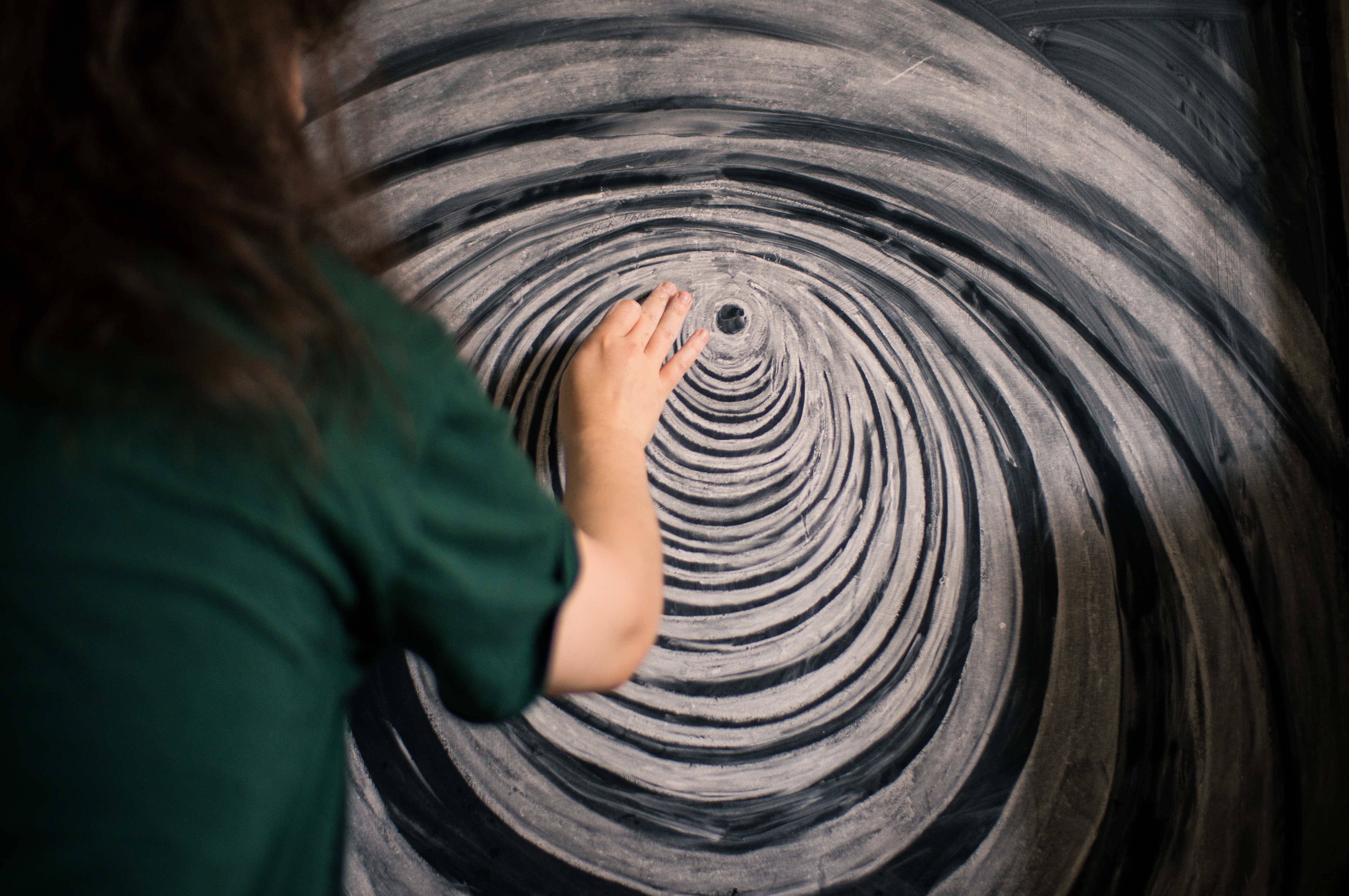When we think of grace, we might think of the pristine flow of a swan gliding across a still lake, or the poised elegance of a ballerina effortlessly twirling on a pointed toe. Another way of thinking about grace is as the blessing of the divine, or as receiving the grace of God. These examples are both relevant to how I think of grace as a Way of Wisdom. However, I want to reflect on grace less as an external quality and more as a power within us to elevate everyone we come into contact with. And that has very little to do with pirouettes!
From the perspective of wisdom, grace is the embodiment of knowing who we are. Grace is the ease with which we can be ourselves when we do not need the world to be a particular way for us to feel powerful and connected. It is the quiet confidence generated by giving our full attention to the present moment. Grace is the antidote to neediness and desperation. Grace is the willingness to unconditionally remain open to being connected in the moment to ourselves and those around us. It’s the act of making ourselves available to connect with loving curiosity whenever an opportunity presents itself. In a state of grace, we feel embodied and authentic, elevated, and comfortable to open and connect.
When we embody grace, we live free of rigid attachments to outcomes or ideas about who we think we are. This freedom is generated by the connection we establish in our heart. This connection to our self gives us a real-time intuitive news feed about our capability to contribute. That insight gives us the power to navigate any circumstance we may find ourselves in. We experience insecurity generally because we are dependent on certain circumstances to feel good and confident. Grace is the power to not have to wait until the vibe changes to feel comfortable. Grace is the power that creates that comfort-causing vibe through authentic, heartfelt connection.
In the state of grace, insecurity falls away and is replaced with confidence—the confidence of knowing that what we are is dynamic in the presence of loving curiosity, seeking to connect, grow, and belong. When we embody grace, we naturally find ourselves adapting to whomever or whatever it is we are interacting with. In this mode, we naturally seek out our commonalities, which sparks connection.
A Practical Exercise in Grace
Recall a time when you were in a social situation where you felt uncomfortable, awkward, or perhaps either not as important as everyone else or far more important than everyone else. Maybe you even felt a little desperate for people to see you in a particular light. We have all had moments where the vibe of a social situation has made us feel like we needed to be something other than what we naturally are in our relaxed state. Allow this memory to come into your awareness and connect with the feelings of that moment as best you can. Then, I want you to consider the very likely reality that almost everyone else in the room was feeling something similar.
Remember someone you were talking to, and observe how they, too, might have been stuck in their head and concerned about how they may have appeared to you. Ask yourself, “What can I do in this moment to make this person feel more at ease with themselves—and with me? What question can I ask them that will enable to them to express more of who they are, instead of trying to be someone else they think they need to be?” Allow this scenario to play out and imagine a powerful, deep connection forming between you both. The next time you are in a social situation where you feel inadequate or judged, remember that chances are everyone else is feeling the same way. Embody grace by giving your warm, kind, loving attention to whomever you are connecting with and create the opportunity for connection. Don’t wait for it to happen.

Excerpted from The Golden Sequence: A Manual for Reclaiming Our Humanity by Jonni Pollard






